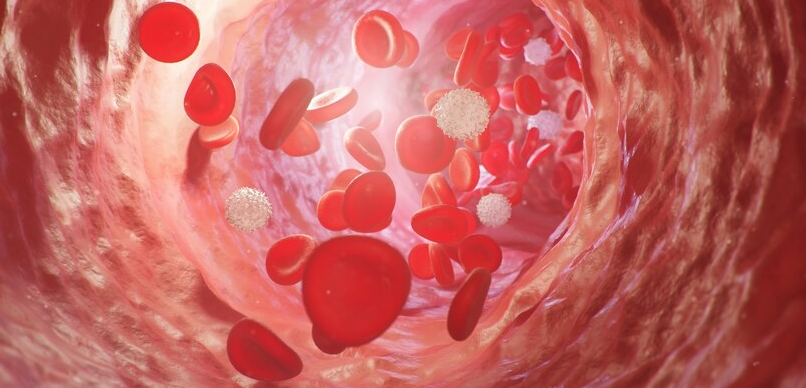The following is the summary of “Efficacy of Potassium Supplementation in Hypokalemic Patients Receiving Peritoneal Dialysis: A Randomized Controlled Trial” published in the November 2022 issue of Kidney Diseases by Pichitporn, et al.
Peritoneal dialysis (PD) patients frequently experience hypokalemia, an electrolyte condition linked to elevated dangers of peritonitis and mortality. It is unclear if correcting hypokalemia will positively affect these outcomes. A multi-center, prospective, open-label, randomized controlled trial was designed for this study. Hypokalemia (defined as at least 3 values or an average value more than 3.5 mEq/L in the preceding 6 months) in PD patients aged 18 and up. Center and daily residual urine output (≤100 or >100 mL) were used to divide participants into two groups for randomization. Over the course of 52 weeks, participants were randomly assigned to receive either protocol-based potassium supplementation (a titratable dose of oral potassium chloride to maintain serum potassium of 4-5 mEq/L) or reactive potassium supplementation (supplementation only when serum potassium is 3.5 mEq/L). Intention-to-treat analyses utilizing Cox proportional hazards regression were used to compare the treatment groups.
The primary outcome was the duration until the onset of peritonitis after randomization (any organism). All-cause mortality, cardiovascular mortality, hospitalization, and hemodialysis conversion were measured as secondary outcomes. About 67 patients with time-averaged serum potassium values of 3.33 ± 0.28 mEq/L were included from 6 different PD sites; 85 were assigned to receive protocol-based treatment, while 82 were assigned to conventional treatment. Average follow-up lasted 401 (315-417) days on average. Serum potassium levels in the protocol-based treatment group rose to 4.36 ± 0.70 mEq/L during the research period, while levels in the conventionally treated group remained at 3.57 ± 0.65 mEq/L (mean difference, 0.66 [95% CI, 0.53-0.79] mEq/L; P <0.001). The protocol-based group had a substantially longer median time to first peritonitis episode (223 [IQR, 147-247] vs. 133 [IQR, 41-197] days, P = 0.03). The protocol-based group had a considerably lower risk of peritonitis than the standard therapy group (HR, 0.47 [95% CI, 0.24-0.93]), but there was no significant difference between the two groups in terms of any secondary outcomes.
About 3 patients (4% of the total) in the protocol-based treatment group experienced hyperkalemia (>6 mEq/L) without presenting symptoms or electrocardiographic abnormalities.That’s because it’s not a double mask. In addition, protocol-based oral potassium treatment to maintain a serum potassium concentration in the range of 4-5 mEq/L may lower the risk of peritonitis in patients receiving PD who have hypokalemia, as compared to reactive potassium supplementation when the serum potassium level falls below 3.5 mEq/L.
Source: sciencedirect.com/science/article/abs/pii/S0272638622006278



















